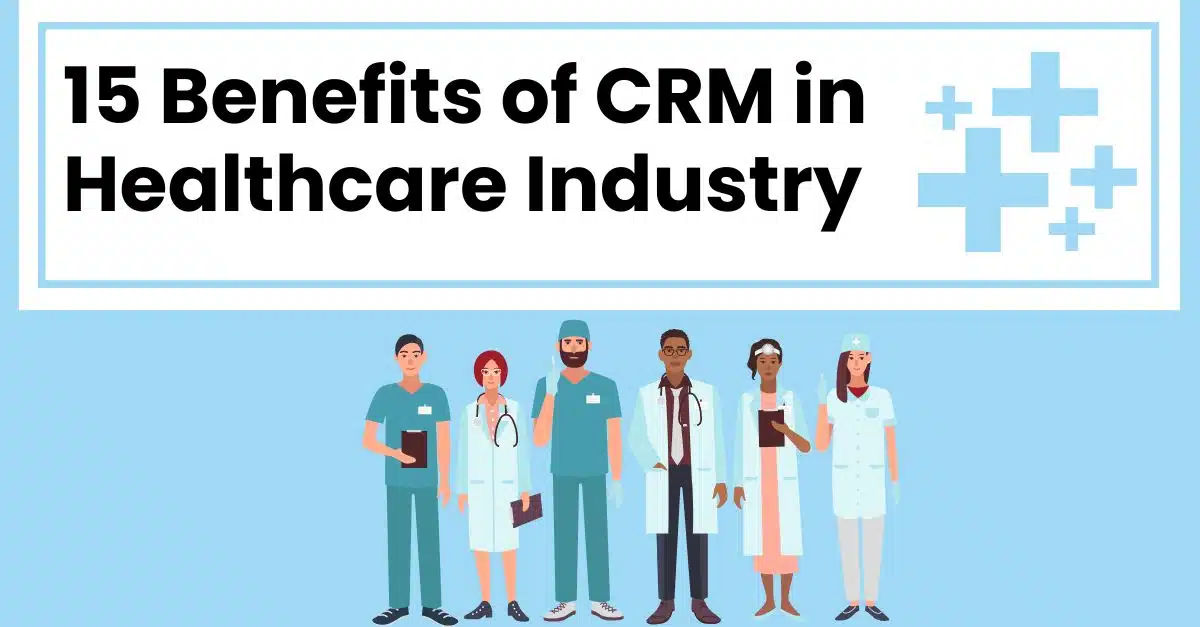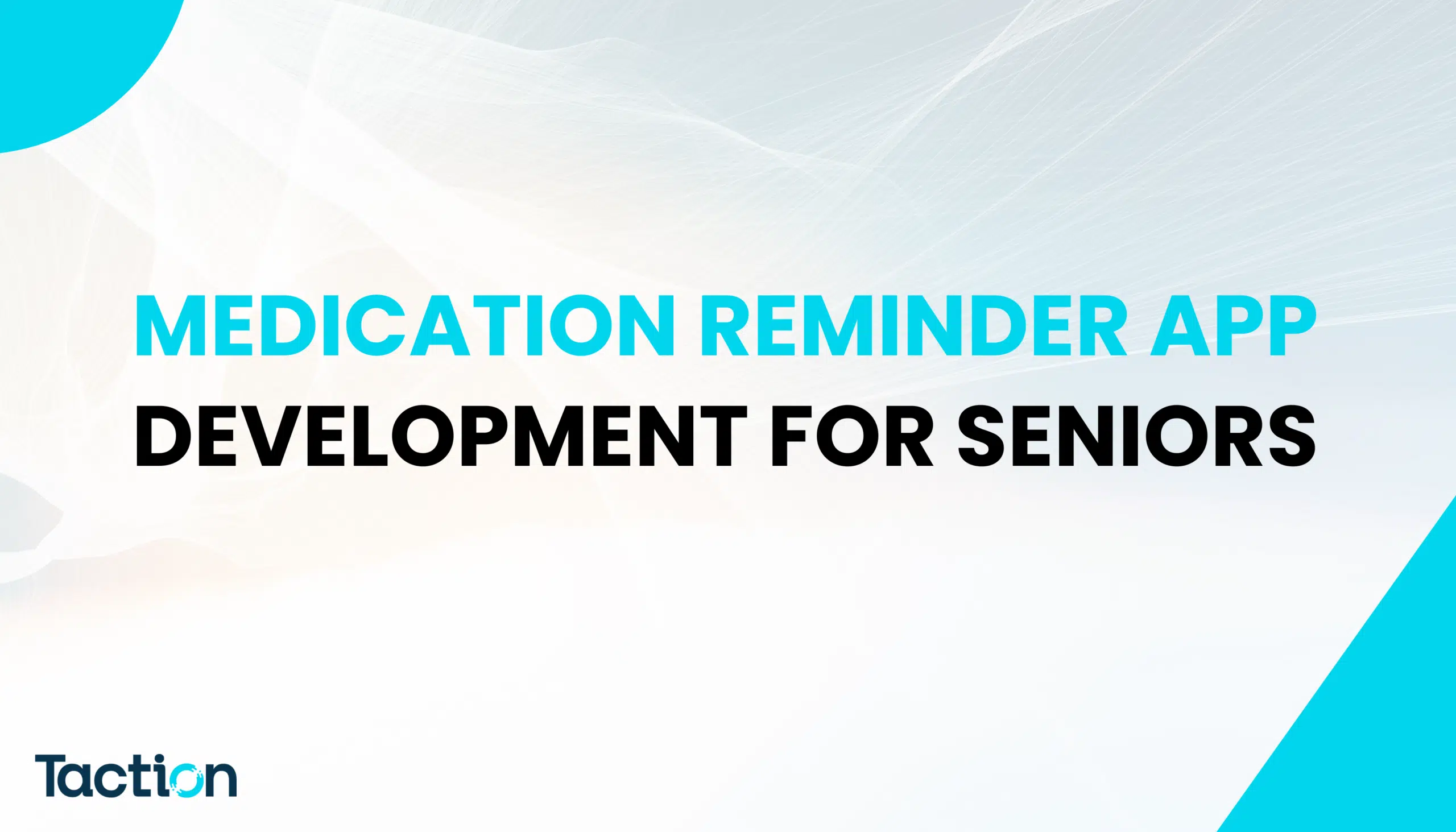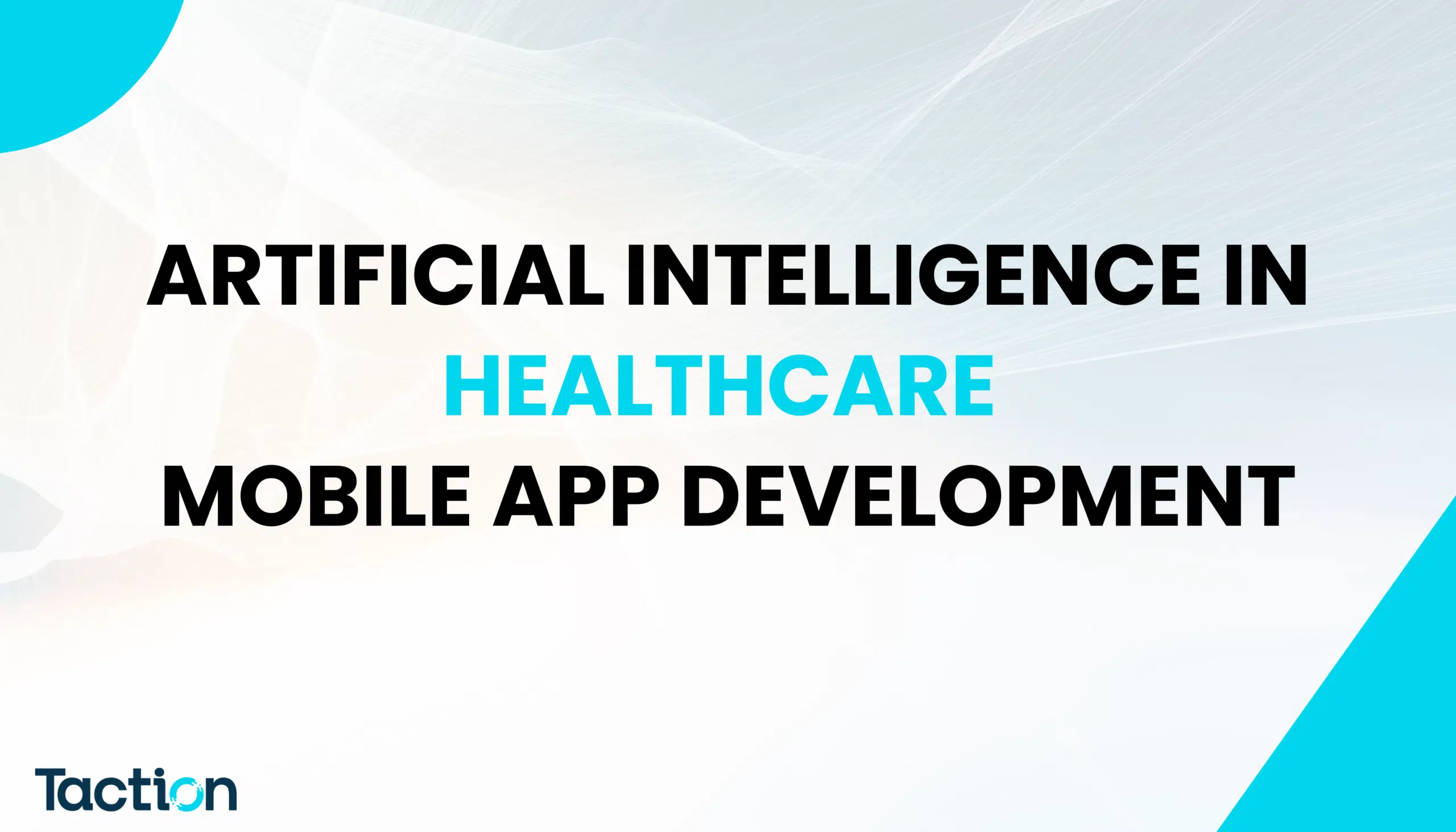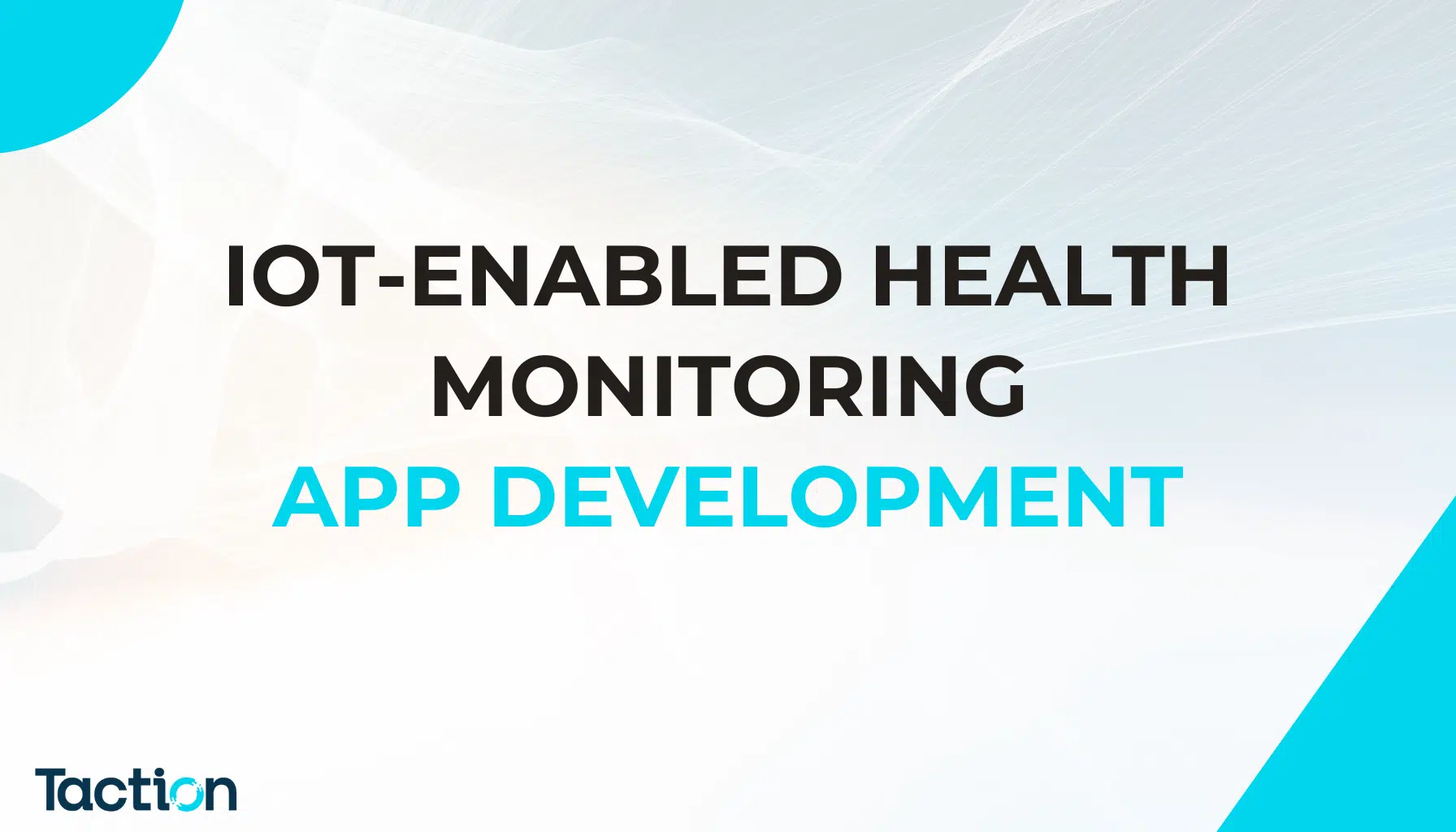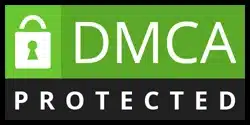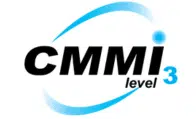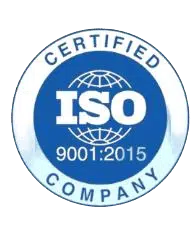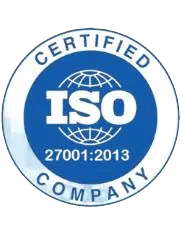If you are also wondering why need CRM in healthcare Industry?, what is Benefits of healthcare CRM? which is the top CRM development company? then this article is going to answer all your questions. In the emerging market of healthcare today, integration of technology has become essential to provide efficient and patient centric services. One such innovation that has gained popularity in recent years is Healthcare Customer Relationship Management (CRM) software.
CRM is used extensively in the healthcare industry, as the benefits of healthcare CRM are many. CRM technology is used to optimize patient experiences, streamline hospital operations.
Additionally it is designed to enhance communication among healthcare providers, patients and medical organizations. If we talk about top CRM development company, then in this article we are going to give detailed information about that too.
Seeing the benefits of healthcare CRM, hospitals and other healthcare organizations use these companies to streamline their operations. Furthermore, healthcare providers use CRM software to strengthen their relationships and expand their presence in the market.
What is CRM ?
Customer Relationship Management or CRM is a multifunctional software. CRM is used by hospitals to effectively manage and analyze interactions and data throughout the customer lifecycle.
Benefits of healthcare CRM are many, mainly healthcare companies use it to help patients and to add new patients.
The primary objective of crm for medical company is to enhance customer service relationships, assist in customer retention and drive sales growth.
CRM softwares integrate customer data from various communication platforms, including website, telephone, live chat, email, direct mail and social media platforms. Benefits of healthcare CRM provides benefits such as empowering customer-facing teams with comprehensive customer insights, purchase history, personal details and preferences.
The benefits of CRM range from better customer support and trend recognition to automating sales and support processes.
15 Benefits of healthcare CRM includes marketing automation, sales force automation, contact center automation, geolocation technology, social media CRM, workflow automation, lead management, HRM, analytics and AI integration etc.
In this article, we will give you all detail about 15 Benefits of healthcare CRM.
15 Benefits of CRM in healthcare Industry
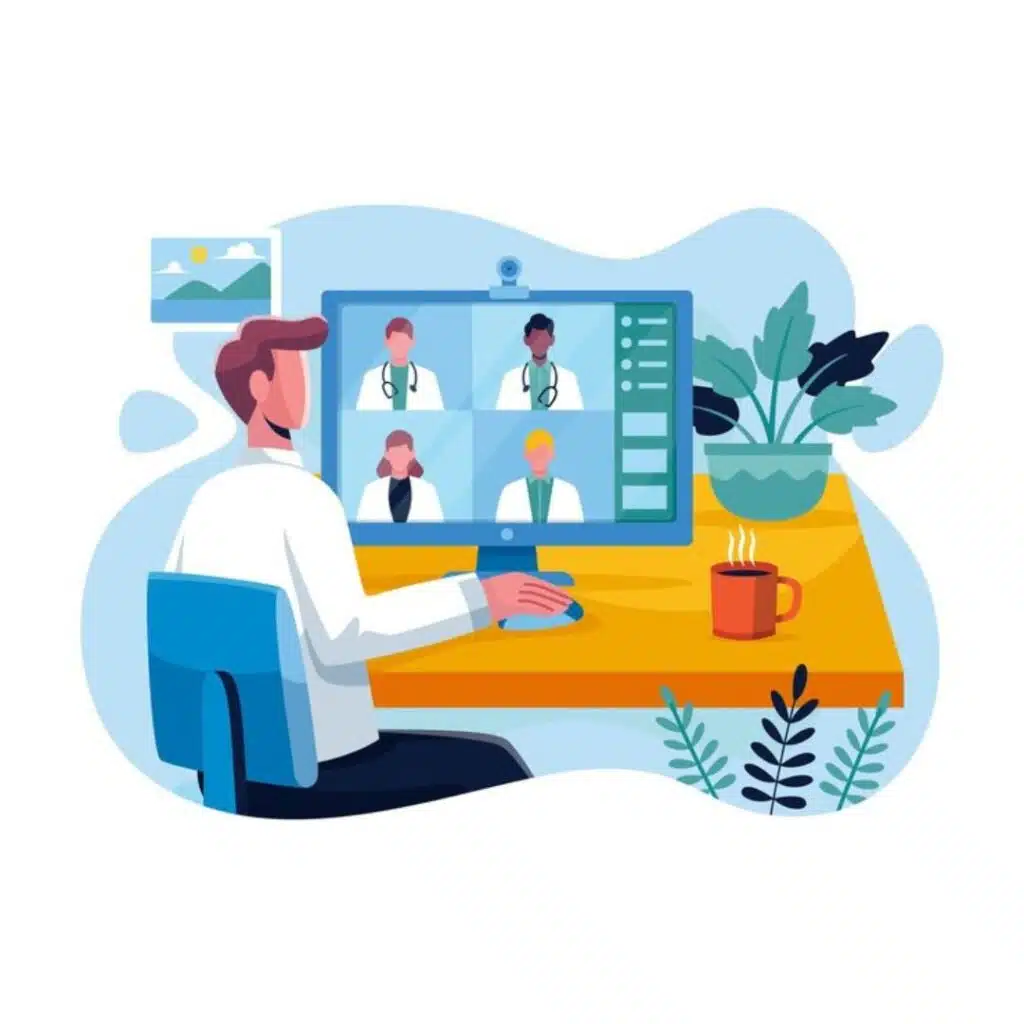
1.Improved Patient Experience:
CRM softwares improves patient experience by providing care related facilities. There are many benefits to using CRM in healthcare industry, using CRM software benefits both hospitals and patients by reducing waiting times, providing quick access to patient profile and medical histories.
The use of CRM accelerates diagnosis and treatment, leading to improve patient satisfaction.
Especially, the Benefits of healthcare CRM is that CRM systems give patients instant access to treatment by facilitating appointment reminders and medication schedules, while ensuring seamless care continuity. In addition, CRM platforms manage patient information, eliminate records chaos, and increase administrative efficiency.
2.Effective Appointment Management:
Another benefit of healthcare CRM is that CRM software prevents conflicts with patients regarding patient appointments and drug schedules and fixes appointments for only one patient at a time.
CRM software helps in monitoring the health of patients more effectively by fixing proper schedules. This allows healthcare providers to remind patients of upcoming medical checkups or medication schedules.
3.Enhanced Patient Information Management:
CRM systems help healthcare organizations manage patient information efficiently. CRM softwares provide an organized and easy way to record patient data.
This feature of CRM software in large hospitals minimizes the risk of data loss. Healthcare CRMs provide tools to analyze information, which helps doctors determine the health status of patients.
4.Optimized Business Processes:
CRM solutions are pivotal in streamlining healthcare operations and enhancing administrative efficiency. The benefits of Healthcare CRM is that you can optimize the internal process by using it.
These CRM softwares play a vital role in enhancing the quality of patient care. These systems assist patients by centralizing details such as medical history, appointments and communications. Additionally these CRM software streamline tasks like appointment scheduling and communication, reducing no-shows and increasing revenue.
5.Personalized Patient Experiences:
One of the benefits of Healthcare CRM is that it provides personalized patient experience by analyzing the personal data of patients, their preferences.
CRM software that is data driven gives healthcare providers the flexibility to customize care services to meet the specific needs of each patient.
6.Billing and payment processing:
Another benefits of a healthcare CRM is that the billing and payment processing process can be fully automated using it.
It is very easy to send quotes to potential customers through pre designed templates. In addition, CRM software can be integrated with billing systems, allowing providers to view patient billing history and other data.
7.Data Security and Compliance:
Healthcare Customer Relationship Management (CRM) systems play a vital role in safeguarding patient data and adhering to regulatory frameworks like the Health Insurance Portability and Accountability Act (HIPAA), which ensures the privacy and security of sensitive medical information.
These CRMs employ robust encryption measures to fortify patient information whether it’s in transit or storage, thereby enhancing overall data protection strategies.
8.Comprehensive Patient Relationship Management:
A blend of CRM and Patient Relationship Management (PRM) solutions synergize to overcome their individual limitations. Typically, CRM emphasizes data and communication, while PRM works to enhance patient satisfaction, loyalty, and overall experience.
While CRM tools lack specialized features for channel partners, PRM provides a centralized hub with features such as content co-branding, onboarding, and automated content curation. The focused functionality of PRM serves to enhance partner interaction and user experience.
9.Improving the efficiency of healthcare:
It is necessary to use CRM in the field of healthcare to work faster. With this system, medical professionals can rapidly provide information related to their disease to the concerned patients.
In addition a CRM system allows patients to revisit reports, speeding up diagnosis processes. In addition the CRM system stores patients’ information which allows doctors and nurses to review necessary drug dosages.
10.Speeds up the diagnostic process:
In the healthcare sector, CRM systems plays a pivotal role in expediting service delivery. medical professionals can instantly furnish prospective patients with pertinent details.
For instance, harnessing the power of client databases enables the exploration of analogous cases among patients, thereby considerably expediting the diagnostic process. Moreover, an exceptional healthcare CRM facilitates the retrospective analysis of a patient’s prior reports, further streamlining diagnosis.
Patient records, in turn, efficaciously centralize data on individual requirements. Consequently, healthcare providers can effortlessly access crucial information such as medication dosages, ensuring seamless patient care etc.
11.Enhanced patient engagement:
The next benefits of healthcare CRM is that it provides tools for customized patient engagement, including appointment reminders, medication notifications, and follow-up communications.
These functions of CRM play an important role in patient compliance. This dynamic integration of technology fosters better communication, thereby improving patient care.
12.Improving the high-quality treatment practices:
A healthcare CRM provides comprehensive tracking of treatment methods, offering valuable insights. Here are two ways it enhances improvements:
- Efficient Treatment Tracking:- Through records systems, specialists can assess effective practices that yielded high patient satisfaction and positive outcomes.
- Enhanced Tracking Tools:- The tools offered by the CRM focus on tracking in healthcare. For instance, diverse scheduling options improve patient compliance and engagement.
13. Manage your information via database tools:
If your hospital is big enough and more data is generated in the hospital, then you can store your hospital data through top crm software. In these modern CRM software, you can store a large amount of data and it is also easy to find the data.
Due to which the burden of files on your hospital is reduced and the work of the hospital is done faster. This way your patient management can be particularly effective in terms of storing data.
14. Tools for collaborating with colleagues:
Due to the problem in communication, many patients die in hospitals or there can be delay in treatment. According to reports, communication problems account for 30% of deaths that are related to medical errors.
A healthcare CRM offers a wide range of tools to solve the outlined issues. For example, it does this through tools that allow simple exchange of data. With the help of these CRM tools, doctors and nurses can easily send between the departments of the concerned patient.
15. Portals for Patients:
The next benefit of healthcare CRM software is its portal for patients. Modern companies can create databases for patients using existing instruments.
For example, if you want to display the schedule of the specialist to the patients, then you can easily do this with the help of CRM. CRM systems are very important for creating such a platform where users can get answers to their queries from experts. Such platforms are very necessary for hospitals to expand themselves.
Why Need CRM in Healthcare?
We have talked about Benefits of healthcare CRM, we have given detailed information about 15 Benefits of healthcare CRM above, now a big question is why need CRM in healthcare.
In this section, we are going to tell about some of the reasons why need crm in healthcare and further we are also going to give information about top CRM development company
- Complex Healthcare Environment:- The healthcare industry itself operates in a fast paced and complex environment. Some of the factors such as rising diseases, environmental changes and technological advancements create challenges in the healthcare industry, thus necessitating CRM in healthcare.
- Data Management:- There is a huge amount of data in healthcare and as the number of patients increases, the data also grows rapidly, which becomes difficult to store in files. In such a situation, CRM software becomes necessary to collect the medical data of the patients.
- Communication and Engagement:- CRM makes communication between doctors, nurses and patients easy and convenient. Increases patient engagement using appointment reminders, personalized communication, and more through the hospital’s CRM system.
- Growing Demand:- The demand for healthcare services is increasing due to factors like an aging population and chronic illnesses. In such a situation, the CRM system helps the healthcare organization manage and organize the patient load.

